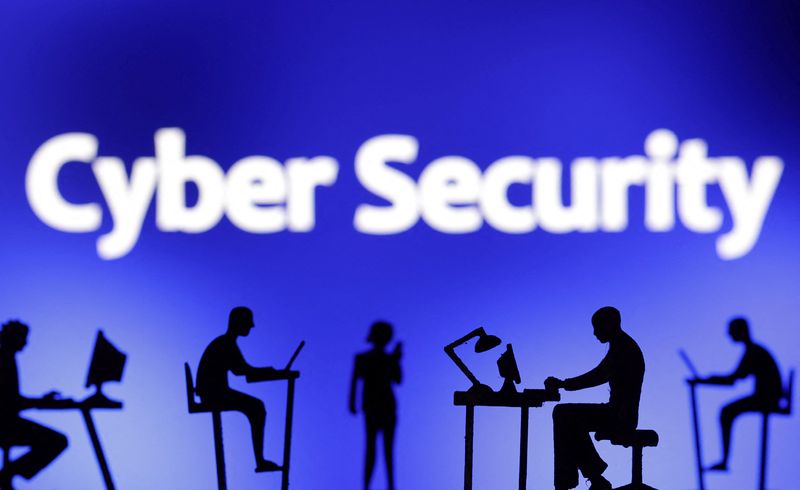By Jonathan Stempel
(Reuters) -A U.S. appeals court on Friday left intact a key part of an injunction blocking a California law meant to shield children from online content that could harm them mentally or physically.
The 9th U.S. Circuit Court of Appeals in San Francisco said NetChoice, a trade group for companies that do business online, was likely to show that the California Age-Appropriate Design Code Act violated its members free speech rights under the Constitution's First Amendment.
California required businesses to create "Data Protection Impact Assessment" reports addressing whether their online platforms could harm children, such as through videos promoting self-harm, and take steps prior to launch to reduce the risks.
Businesses were also required to estimate the ages of child users and configure privacy settings for them, or else provide high settings for everyone.
Civil fines could reach $2,500 per child for each negligent violation, or $7,500 per child for each intentional violation.
NetChoice said the law would turn its 37 members - including Amazon.com (NASDAQ:AMZN), Google (NASDAQ:GOOGL), Facebook parent Meta Platforms (NASDAQ:META), Netflix (NASDAQ:NFLX) and Elon Musk's X - into "roving censors" of whatever California deemed harmful.
Circuit Judge Milan Smith wrote for a three-judge panel that the first requirement was likely unconstitutional because California had less restrictive ways to protect children. He said the state could improve education for children and parents about online dangers, give companies incentives to filter or block content, or rely on enforcing its criminal laws.
Requiring "the forced creation and disclosure of highly subjective opinions about content-related harms to children is unnecessary for fostering a proactive environment in which companies, the state and the general public work to protect children's safety online," Smith wrote.
The 9th Circuit set aside the rest of the September 2023 preliminary injunction from U.S. District Judge Beth Labson Freeman, including as to the law's restrictions on collecting and selling children's geolocation information and other data.
The court said Freeman did not properly assess if the law could survive without the unconstitutional provisions, and returned the case to her.
California modeled its law after a similar law in the United Kingdom. Governor Gavin Newsom signed the state law in September 2022, and it was to have taken effect on July 1, 2024.
In a statement, Newsom said the appeals court "largely sided" with the state. The governor also urged NetChoice to "drop this reckless lawsuit and support safeguards that protect our kids' safety and privacy."

Chris Marchese, director of the NetChoice Litigation Center, called the decision "a victory for free expression, online security and Californian families."
The case is NetChoice LLC v Bonta, 9th U.S. Circuit Court of Appeals, No. 23-2969.